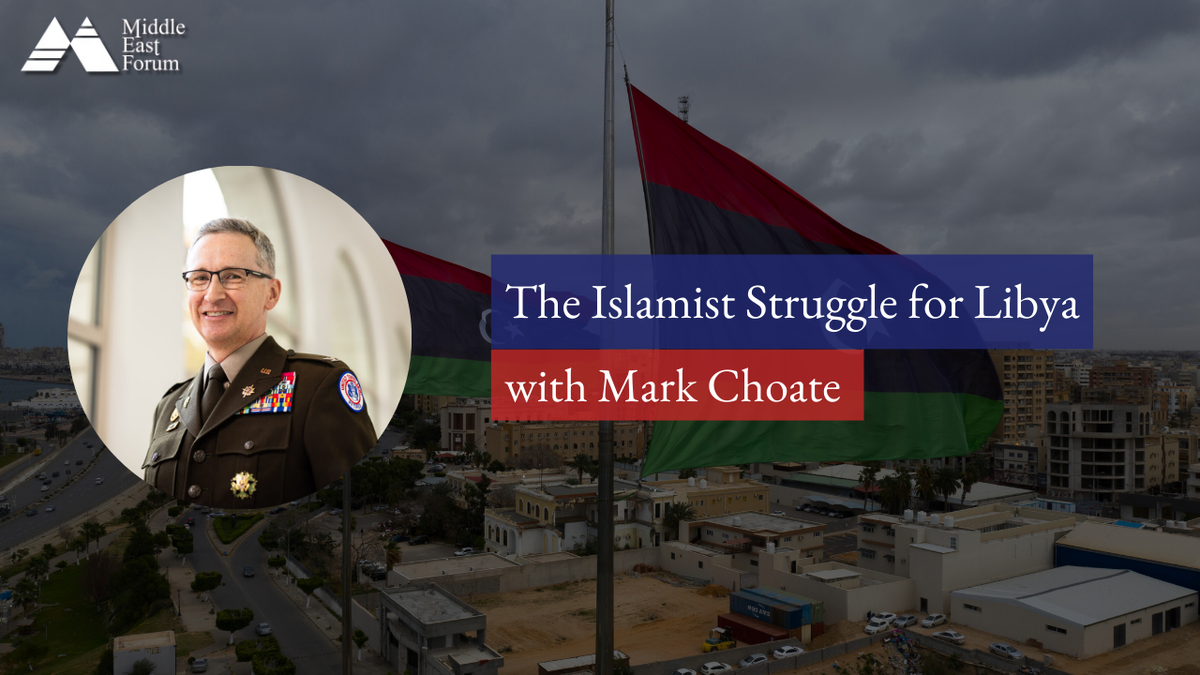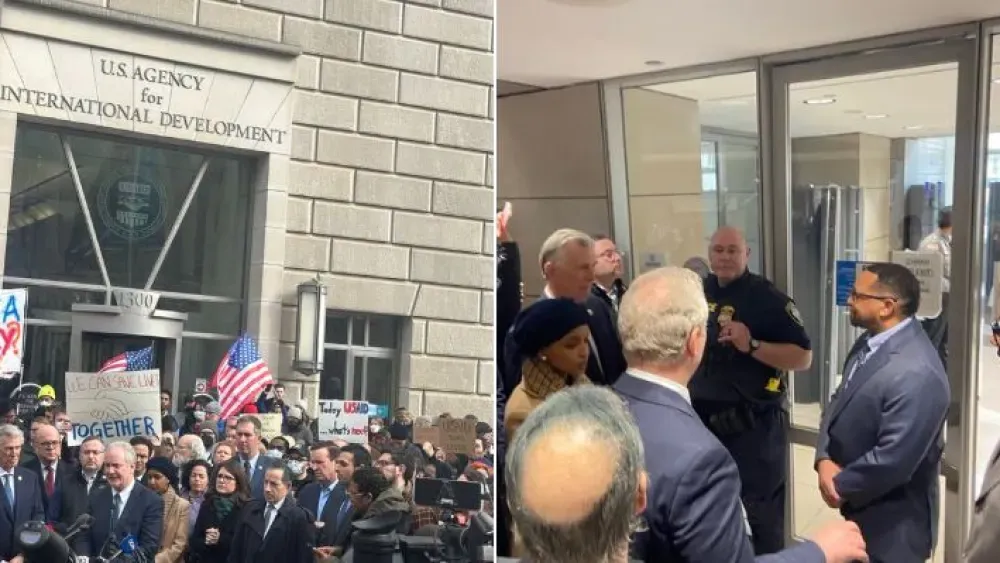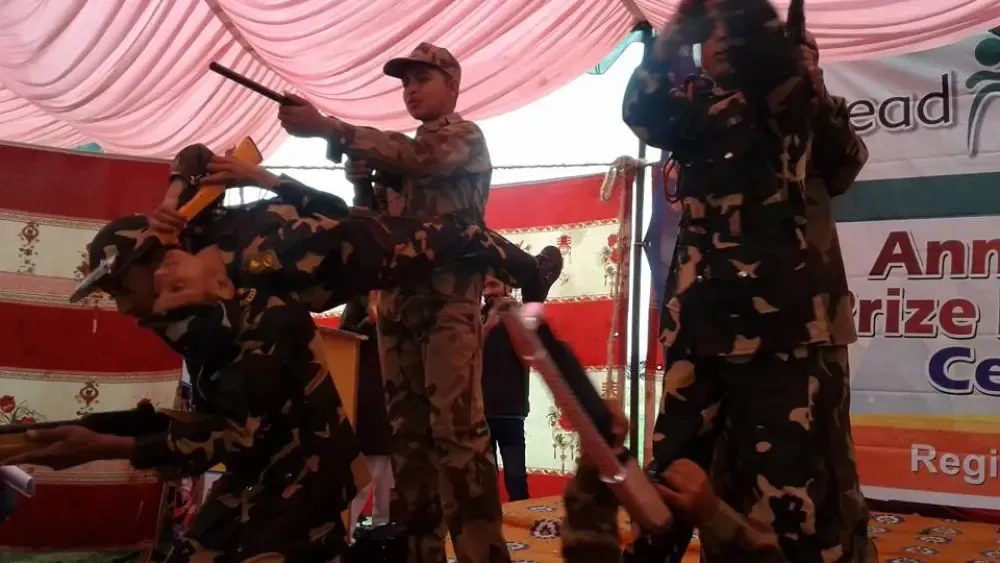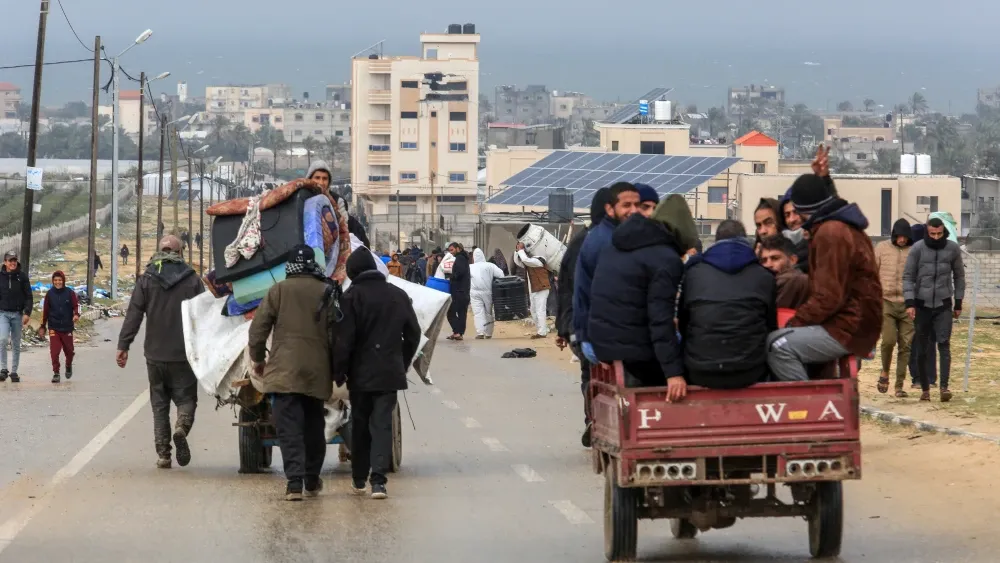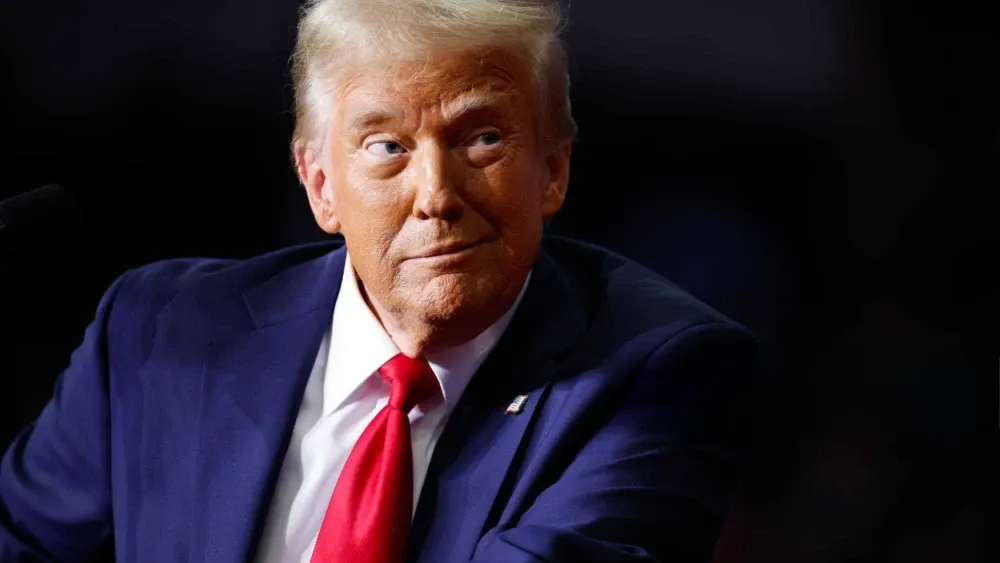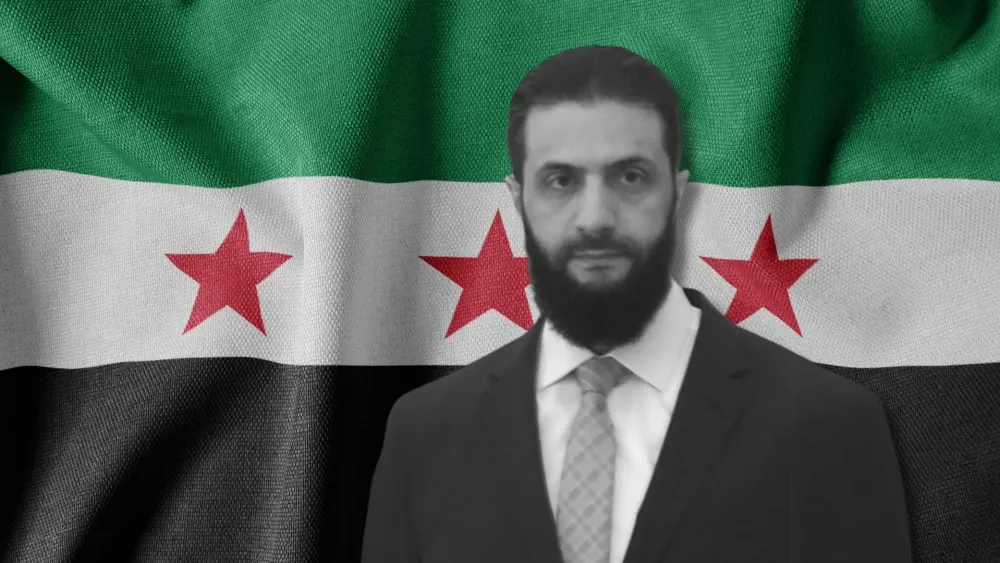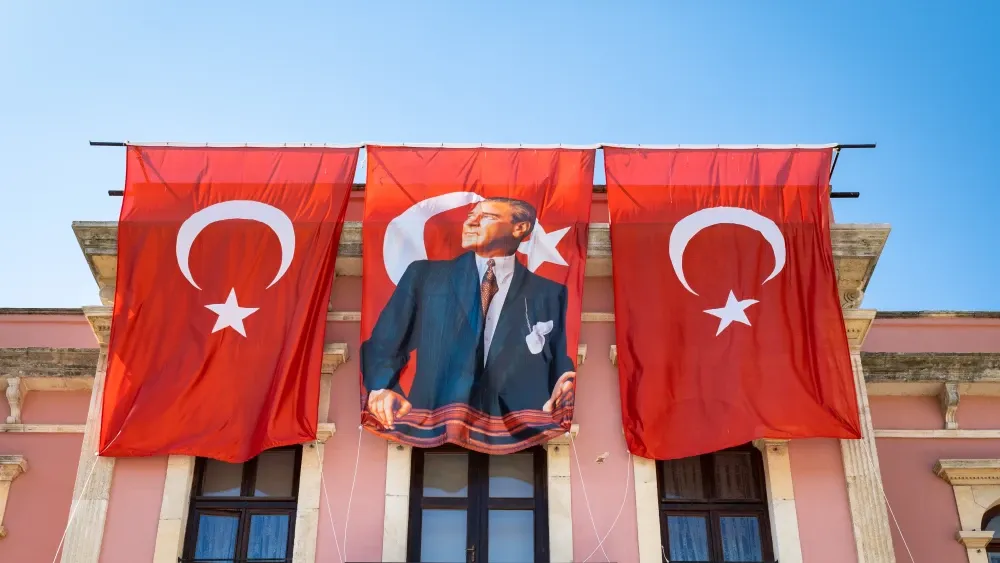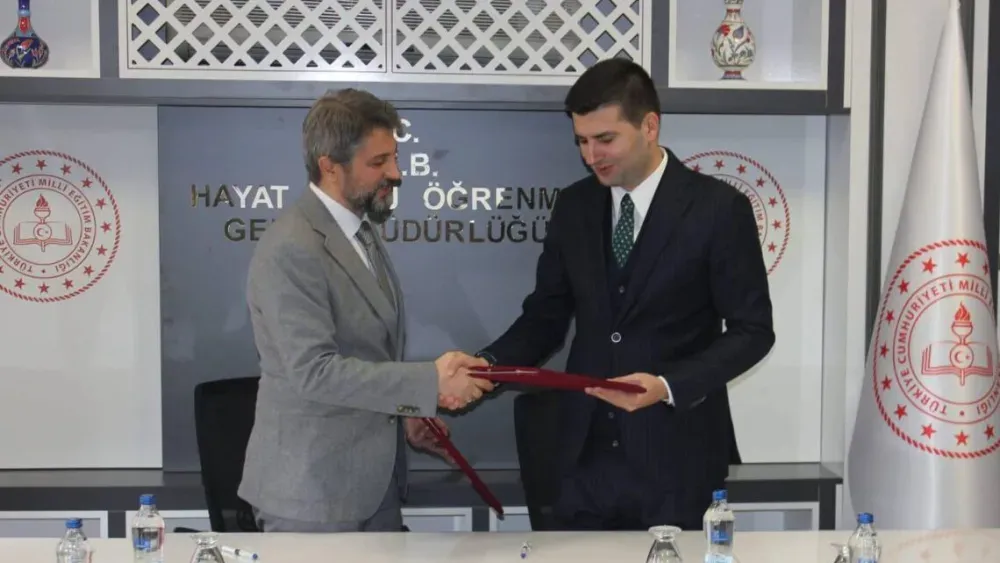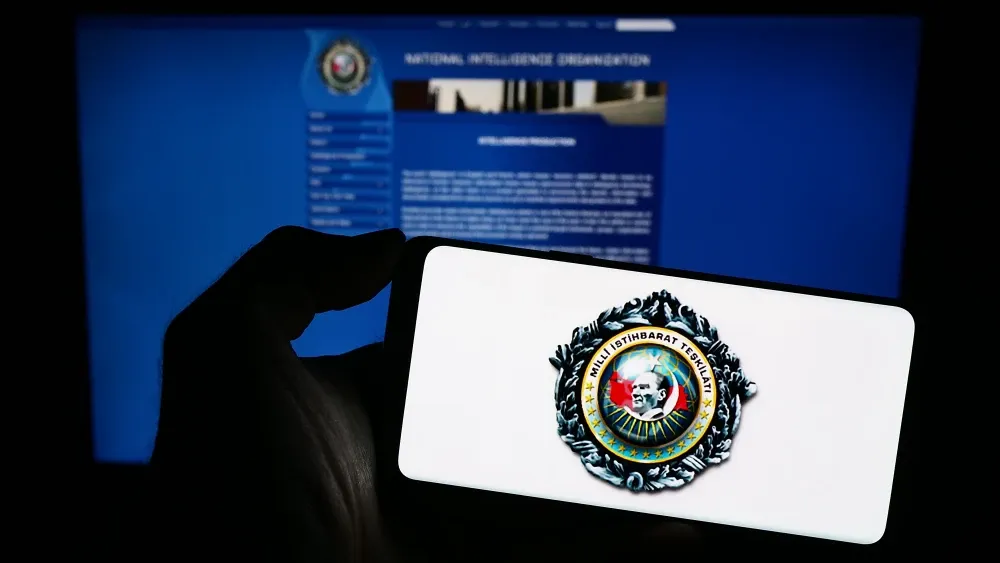| ||
 | ||
| MEF Dispatch: USAID's Funding of Jihad Exposed By Winfield Myers ● Feb 04, 2025 Smart Brevity® count: 6.5 mins...1766 words A new in-depth MEF report reveals that the U.S. Agency for International Development (USAID) has given $164 million taxpayer dollars to Islamist groups, including $122 million to groups aligned with designated terrorists and their supporters, justifies the ongoing overhaul of the agency. President Trump’s off-the-cuff remarks that Egypt and Jordan should accept Gazan refugees is unwise and harmful to U.S. policy, writes Daniel Pipes. Yet, his comments did expose the hypocrisy of those states that profess loyalty to the Palestinian cause but rarely, if ever, do anything to help “actual, living Palestinians,” observes Jonathan Spyer. Spyer writes elsewhere that, despite an official declaration, the many competing factions within Syria mean that Ahmed al-Sharaa’s “‘presidency of the country’ is more aspiration than reality.” Three articles analyze Turkish President Erdoğan’s ongoing Islamization of his country, beginning with his subversion of the legacy of Turkey’s founder Mustafa Kemal Atatürk, who championed secularism and Westernization. Next, we examine how hyper-nationalists, with Erdoğan’s aid, inserted radical programs into Turkey’s public education system, the better to brainwash the rising generation. We end with Michael Rubin’s call for the U.S. to designate Turkey’s Islamist and violent intelligence agency MİT as a foreign terrorist organization. | ||
ICYMI: “The Islamist Struggle for Libya” with Mark I. ChoateIslamist groups play a pivotal role in post-Qaddafi Libya and are a central factor in the country’s continued instability. The Muslim Brotherhood, Salafi factions, and jihadist groups compete for influence and power. Some Islamist organizations have integrated into political institutions, while others operate outside the system as armed militias. What role do Libya’s Islamists play in the struggle for Libya’s future? What are current trends? How should external actors approach them? To watch the full podcast episode, click here. | ||
MEF Report Justifies the Overhaul at USAIDDays after the Middle East Forum's (MEF) report exposed USAID's financial ties to Islamist organizations, the Trump administration announced a sweeping overhaul of the agency. Why it matters for MEF and beyond: The report reveals $164 million in USAID grants linked to terrorist entities, prompting urgent reform to safeguard U.S. foreign aid integrity.
The findings in detail: MEF's investigation highlights USAID's financial support to groups affiliated with Hamas and Al Qaeda, raising critical oversight questions.
The stakes for MEF: Reforming USAID is crucial to prevent further misuse of taxpayer funds, a cause that MEF ardently supports.
To read the full press release, click here. | ||
Terror Finance at the State Department and USAIDThe Middle East Forum's research reveals that the U.S. State Department and USAID have allocated significant funds to organizations with ties to designated Islamist terrorist groups. Why it matters: Misallocation of federal funds to extremist-linked groups undermines U.S. national security and misuses taxpayer dollars.
The big picture: USAID and the State Department have granted millions to radical Muslim organizations, some directly aligned with Hamas and other terrorist groups.
Details: The Middle East Forum's findings indicate $164 million in grants to Islamist groups, with $122 million linked to terrorist supporters.
To read the full report, click here. | ||
Expel Gazans?In a rash move, Donald Trump suggested relocating Gazans, potentially using tariffs against Egypt and Jordan if they refuse to take them. Why it matters: Such an approach risks destabilizing key Middle Eastern allies and could lead to diplomatic fallout.
The backlash: Middle Eastern leaders, including Egypt's President el-Sisi and Jordan's Foreign Minister Safadi, have strongly opposed the idea, warning of regional instability.
The stakes: Trump's spontaneous foreign policy threats could isolate the U.S. from its allies and undermine efforts for peace in the region.
To read the full article, click here. | ||
Trump Has Exposed the Hypocrisy of Gaza’s AlliesDonald Trump has criticized Arab and Muslim states for their inconsistency in supporting the Palestinian cause, highlighting their reluctance to offer real aid to Gazans. Why it matters: Despite vocal support for Palestinians, these countries often fail to provide tangible help, exposing a gap between rhetoric and action.
The contradiction: While media outlets decry a "genocide," neighboring countries have not offered Gazans sanctuary, contradicting claims of humanitarian concern.
The stakes: Trump's disruptive approach challenges the status quo, pushing for a reevaluation of the Israeli-Palestinian conflict.
To read the full article, click here. | ||
Syria Has a New Government—or Does It?Ahmed al-Sharaa, claiming Syria's presidency, faces a nation fragmented by competing factions and ongoing conflict. Why it matters: The declaration of a new government by al-Sharaa's HTS group doesn't reflect reality, as Syria remains deeply divided.
The complexity: Al-Sharaa's HTS lacks the manpower to enforce control nationwide, with only limited influence in Damascus and Idlib.
The stakes: Western officials must recognize Syria's fractured state before engaging with al-Sharaa's government.
To read the full article, click here. | ||
The PKK Is Truer to Atatürk’s Vision than ErdoğanErdoğan manipulates Turkish nationalism to distract from his Islamist agenda and financial failures as he undermines the secular vision of modern Turkey's founding father, Mustafa Kemal Ataturk. Why it matters: Erdoğan's policies diverge significantly from Atatürk's ideals, as he promotes Islamism over secularism and represses Kurdish rights.
The irony: While Erdoğan perverts Atatürk's legacy, the PKK and Syrian Kurds embody principles closer to his vision.
The stakes: Erdoğan's leadership threatens Turkey's secular foundations, as his administration prioritizes religious conservatism over democratic values.
To read the full article, click here. | ||
Hyper-Nationalists Commandeer Turkish Public Education ProgramsA new protocol allows Turkey's far-right Ülkü Ocakları Education and Culture Foundation to infiltrate public education, highlighting the country's shift towards extremism under Erdoğan. Why it matters: This move risks turning educational programs into platforms for radicalization, undermining democratic values.
The implications: Critics argue that the protocol violates laws prohibiting political propaganda in education, yet Erdoğan's regime remains unchallenged.
The stakes: This development could further polarize Turkey, turning the population even more against religious and ethnic minorities.
To read the full article, click here. | ||
Designate Turkey’s Intelligence Service to Be a Terror OrganizationEvidence shows Turkey's National Intelligence Organization (MİT) operates similarly to a foreign terrorist group, warranting global scrutiny. Why it matters: MİT's actions include supporting terror groups and targeting dissidents, challenging international norms.
The activities: MİT aids groups like ISIS and Hamas, and conducts assassinations internationally.
The stakes: Ignoring MİT's behavior risks emboldening state-sponsored terror activities.
To read the full article, click here. | ||
Further Reading: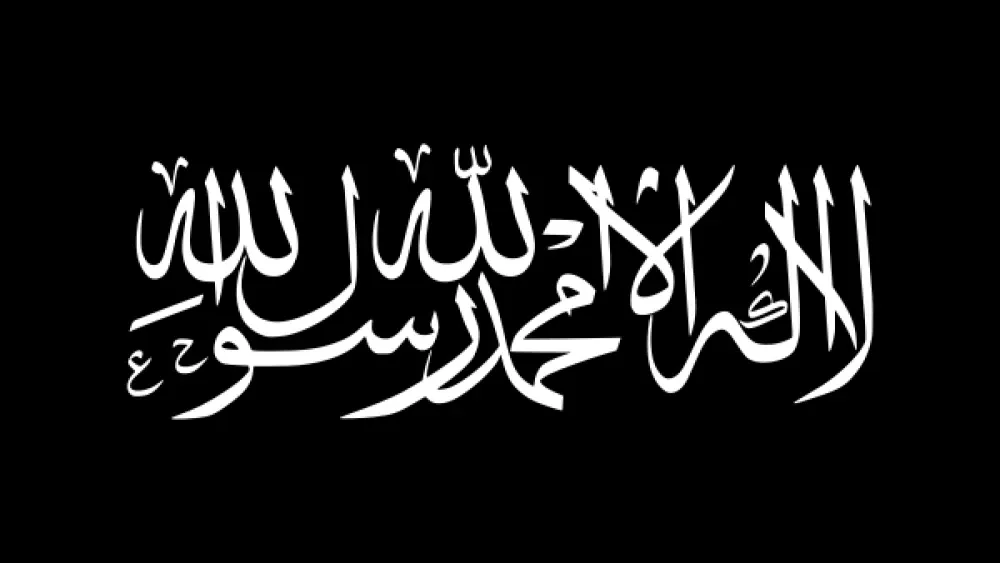
| ||
| From in-depth research exposing taxpayer-funded grants to Islamists, to original analyses and reporting on Israel, Gaza, Syria, Turkey, and beyond, the Middle East Forum offers readers the information and explanations you need to stay informed. Count on the next issue of the Dispatch for updated reports on these and other pressing issues. Sincerely, | ||
| Was this edition useful? Your responses are anonymous | ||
| Powered by | ||
| ||

